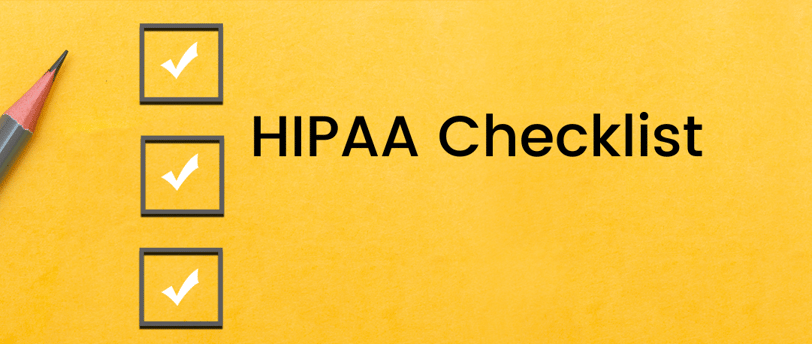Using the HIPAA Privacy Rule Compliance Checklist for Mental Health Outpatient Clinics: A Step-by-Step Guide
Unlock the key to HIPAA compliance for mental health outpatient clinics with my comprehensive checklist! Simplify the complex, ensure patient data protection, and navigate the intricacies of compliance with ease. Dive in for a step-by-step guide and a resource free from restrictions. Prioritize safety and trust today!
Dr. Frances Robbins
8/18/20232 min read


Hello, Dear Readers!
Today, we're addressing a topic of paramount importance for those in the mental health field: HIPAA Compliance. Ensuring patient information is protected isn't just a matter of trust—it's a legal requirement. With that in mind, we've created a straightforward "HIPAA Privacy Rule Compliance Checklist" tailored for mental health outpatient clinics. And the best part? We're offering it as a resource you are free to use without any restrictions!
Why Do You Need a Checklist?
First, it's crucial to understand the gravity of HIPAA Compliance. The Health Insurance Portability and Accountability Act (HIPAA) sets the standard for safeguarding sensitive patient data. Non-compliance doesn't just lead to loss of trust—it can result in hefty fines.
Having a checklist in place allows clinics to:
- Routinely evaluate their HIPAA compliance status.
- Identify potential areas of concern before they become major issues.
- Streamline the process of training new staff on patient data protection protocols.
How to Use the Checklist:
1. Begin with Awareness: Before diving into the checklist, make sure your team understands the importance of HIPAA and why these measures are in place. It's not just about ticking off boxes; it's about ensuring the safety and security of patient data.
2. Regularly Schedule Reviews: The checklist isn't a one-time tool. Schedule routine evaluations (e.g., quarterly or biannually) to revisit and ensure continual compliance.
3. Assign Responsibility: Appoint a dedicated HIPAA compliance officer or team in your clinic. This person or team should lead the evaluations using the checklist.
4. Go Through Each Point: Tackle each item on the checklist, marking them as 'Yes' or 'No'. For any 'No' responses, it's crucial to address the gap immediately.
5. Document Everything: Keep records of each review. This not only shows due diligence in maintaining compliance but is invaluable if you ever need to provide evidence of your compliance efforts.
6. Stay Updated: HIPAA regulations can change. Make it a part of your process to stay informed about any updates or amendments to ensure your checklist remains current.
Free to Use, Share, and Distribute:
I believe in the importance of accessible information. That's why I am providing this checklist as a resource free from restrictions. Feel free to use it, share it with fellow professionals, or even adapt it to suit the unique needs of your clinic.
In Conclusion:
HIPAA compliance is non-negotiable. My checklist provides a structured approach to help mental health outpatient clinics ensure they're up to par with HIPAA standards. While this checklist is a valuable tool, always consider consulting with a legal or professional expert in HIPAA regulations to ensure comprehensive compliance.
Stay informed, stay compliant, and, as always, prioritize the trust and safety of your patients.
Happy auditing!
Frances Robbins, DBA, MIH, MSN, APRN-PMHNP-BC
USAF Veteran | Over 20 Years in Mental Health Expertise | Turning Vision into Exceptional Practices


